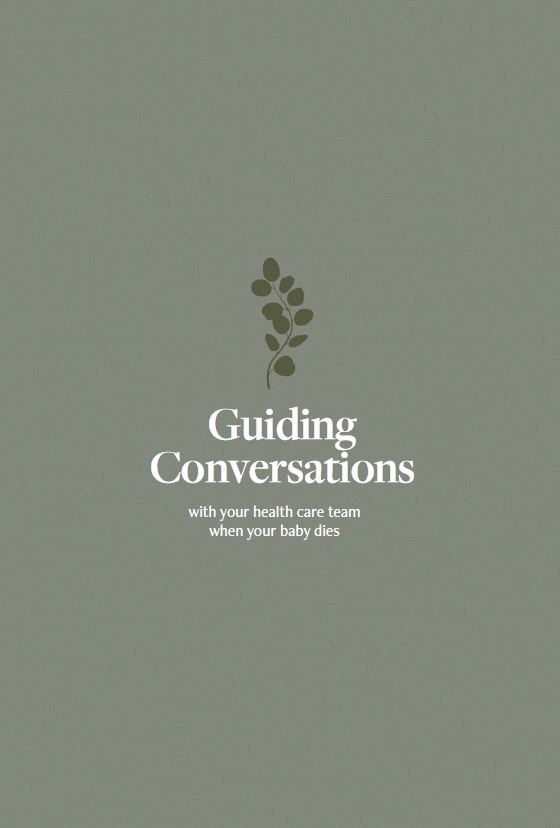An autopsy or post-mortem is a detailed and careful medical examination of your baby’s body and their organs to help establish the cause of death.
In some cases, your doctor will advise an autopsy is necessary. For many, an autopsy is optional.
With your consent, the procedure will be performed by a pathologist or perinatal pathologist usually within 48 hours after birth.
Your baby will arrive dressed and wrapped to the pathologist and, at the conclusion, your baby will be redressed and wrapped, and returned to either the hospital or the care of your nominated funeral home.
The examination is performed with the utmost care and in such a way that you will be able to hold your baby on their return. You may be able to see some small stitches, but these can be covered with clothing.
If you have a choice, there may be the option to have a full autopsy, limited autopsy, external examination only or examination.
Read Sanda’s Infant Autopsy Consent Brochure to find out more about specific procedures and what to expect.
How to decide if you should have an autopsy?
In addition to other tests , your doctor should offer you the opportunity to discover more information about the possible cause or causes of your baby’s death.
Results may be inconclusive. In some cases, there may not be an answer as there is nothing that could have been done to prevent the stillbirth or the autopsy may be unable to determine a cause.
If you have been provided with a diagnosis from other tests conducted, you should still be offered the opportunity to perform an autopsy which may or may not provide further results to help you understand more about your baby’s passing.
If the results are or are not conclusive, this information can be used by your doctor if you choose to have another baby in the future.
Additionally, the autopsy results are stored and can be used to help with further research into the causes of and to help reduce stillbirth rates in Australia.
“We opted for a full autopsy after Ari died and although there was no cause found, they gave us a comprehensive plan for future pregnancies.”
– Vanessa Brooks, mother to Ari. Read her story here.
